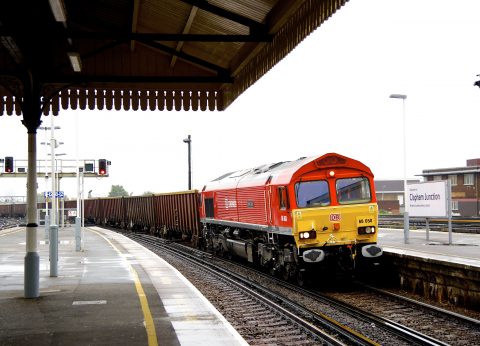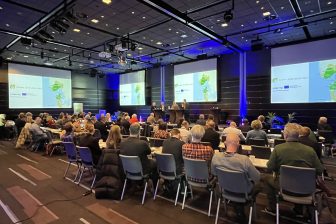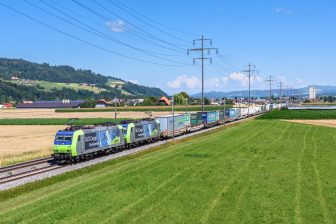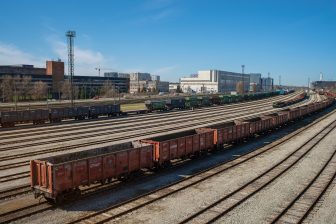
DB Cargo UK confirms 893 redundancies but pledges to ‘move forward’
DB Cargo UK has reached an agreement with the four trade unions representing most of its workforce, but confirmed there will be 893 job losses, mostly voluntary, as part of its future business model. These include 391 drivers, after a ‘rapid decline’ in the core coal market.
Since last October’s announcement that it was proposing to cut almost a third of its workforce, the company has been in talks with Unite, the UK’s largest trade union, ASLEF (historically the Associated Society of Locomotive Steam Enginemen and Firemen), The National Union of Rail, Maritime and Transport Workers (RMT), and the Transport Salaried Staff’s Assocation (TSSA).
‘regrettably’
In a statement, DB Cargo UK confirmed 893 redundancies were being made, and while the majority were voluntary, there were ‘regrettably a small proportion of compulsory redundancies’. It added however that although the traditional rail freight coal sector was reducing, other markets including aggregates and steel remained buoyant.
Hans-Georg Werner, CEO of DB Cargo UK, said: “I would like to thank ASLEF, RMT, TSSA and Unite for their continued dialogue with us. Under the pressures of the market we were able to find agreements acceptable to all parties and avoid industrial action. We regret that some colleagues will be leaving us but treating our people fairly to secure a business that will be successful in the future has been at the heart of our discussions.
Move forward
“We will now move forward with our plans to lead the next generation of rail freight which includes key investments such as new wagons, terminal enhancements and combining our core function of delivering goods by rail with bespoke in-house IT solutions, to give our customers the best service and make it easy for them to do business with us.
“There is a strong future for rail freight in the UK because it offers benefits that its competitors – mainly road – cannot. It’s efficient, it’s quick and it removes congestion from our roads because a train can carry much more volume than a truck. We are making sure rail freight provides solutions for customers now and in the future.”
The new business model is due to be launched on July 2.





